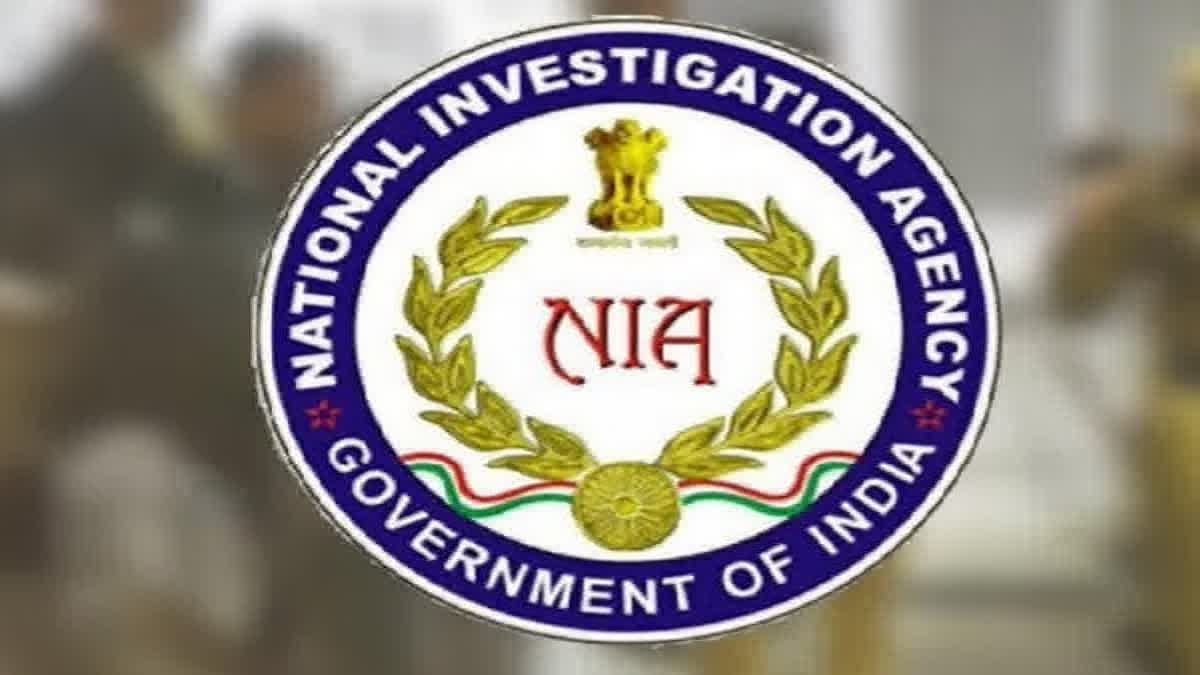New Delhi: As India-Canada diplomatic relations soured following the killing of Khalistani separatist Hardeep Singh Nijjar at Surrey in British Columbia of Canada, Indian intelligence agencies started gathering documents associated with all Khalistani terrorists-gangsters as well as sympathisers, who are based on foreign soil, including Canada and Pakistan.
India’s anti-terror agency, the National Investigation Agency (NIA), has already started confiscating the properties and assets of all terrorists and their sympathisers. On Saturday, NIA confiscated Canada-based Khalistani terrorist Gurpatwant Singh Pannu’s properties in Amritsar and Chandigarh under Section 33 (5) of the Unlawful Activities Prevention Act (UAPA) 1967. “This is the first time that properties of an absconding accused have been confiscated under Section 33 (5) of UA (P) Act,” an NIA official said.
Significantly, in a bid to further bolster its campaign against all these anti-India forces, the NIA is also organising a two-day-long anti-terror conference in New Delhi. Top officials of RAW, IB, State intelligence agencies, and State anti-terror agencies are likely to take part in this conference, which is likely to be held in the second week of October.
The emergence of Khalistani terrorism, terrorists and gangsters connection and emerging threats against India’s security are the major issues that will be discussed during the two-day-long conference, sources privy to the program said. The conference is likely to be inaugurated by Home Minister Amit Shah.
Also read: NIA confiscates SFJ chief Gurpatwant Singh Pannu's properties in Amritsar, Chandigarh
Meanwhile, sources in India’s intelligence agencies told ETV Bharat that following the killing of Khalistani separatist Hardeep Singh Nijjar on June 18, the NIA and Punjab police have jointly prepared a dossier highlighting the life history of Nijjar and his involvement in anti-India activities.
It is worth mentioning that the recent diplomatic tussle between India and Canada started over the killing of Nijjar on June 18 in Canada by unidentified assailants. However, Ottawa said that Nijjar was killed by Indian agents. A senior official privy to the development said that Nijjar was allegedly involved in crime since the 1980s and had connections with local goons from a young age.
Nijjar, son of Piara Singh of Bhar Singh Pura village of Punjab’s Jalandhar district, fled to Canada on a forged passport in 1997 and maintained a low profile as a plumber and truck driver in the foreign country. Nijjar became a Canadian citizen in 2007.
He also travelled to Pakistan on several occasions to get training on the use of arms and explosives. Nijjar was closely associated with Khalistan Commando Force (KCF) and Khalistan Tiger Force (KTF) as well. According to the dossier prepared by the intelligence agencies, the Khalistani terrorists had also ordered several killings and attacks in Punjab from abroad, especially in Canada.
“His (Nigar’s) major activity in Canada was to collect funds and divert through hawala channels for terror activities in India. He and his associates were also involved in drugs and arms smuggling in Canada,” the official said, quoting from the dossier. Nijjar, along with some of his close associates, raised a gang in Canada to conduct terror attacks in Punjab and other adjacent places. “The members of the gang formed by Nijjar received arms training in British Columbia, Canada,” the official said.
As per the dossier, Nijjar also planned to execute a terror attack on Dera Sacha Sauda headquarters in Haryana’s Sirsa in 2014, but failed. He had also planned to target several top policemen, religious preachers and politicians just to create anarchy in the country.
The official quoting the dossier further said that Nijjar had asked his associates in Punjab to kill Manohar Lal Arora and Jatinderbir Singh Arora, who were accused of ‘anti-Panthic activities’ in 2020. The Panthic Party was a political party in Punjab formed in the 40s for Sikhs. However, in the attack father Manohar Lal was shot dead while his son escaped.
“While living in Canada, Nijjar used to order killings in Punjab and other places. And he used to adopt a hawala route to transfer money for the killing assignment,” the official said. The Indian government, in 2020, accused Nijjar of being actively involved in operationalising, networking, training and financing KTF members. The same had been communicated to the Canadian authorities.
Also read: NIA releases pictures, seeks info about 10 accused in attack on Indian consulate in San Francisco



